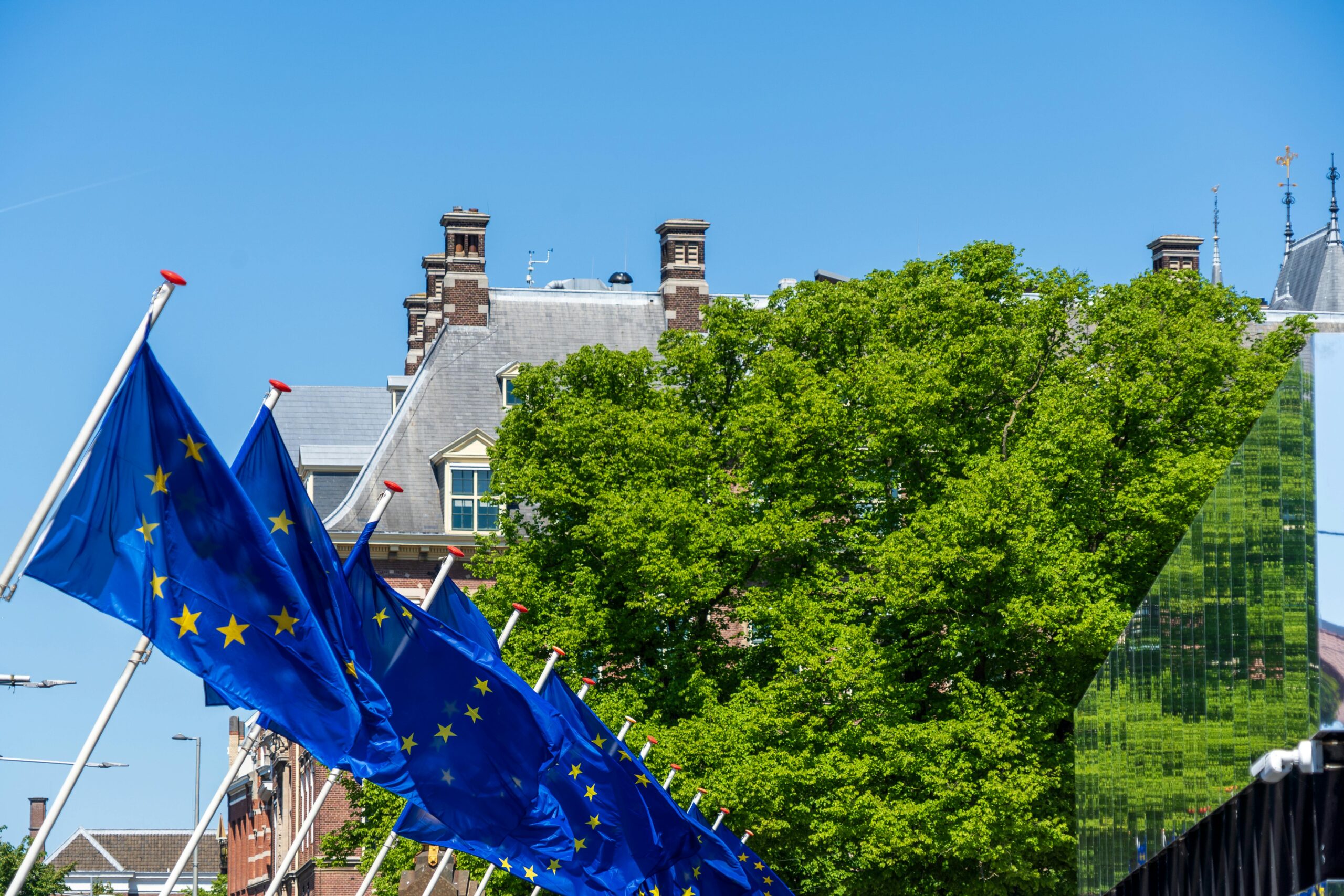The first round of confirmation hearings for the next College of Commissioners began on Tuesday (5 November). The hearings are part of the checks at the EU level to ensure transparency and accountability. During these hearings, MEPs aim to assess whether commissioners-designate are qualified enough to join the European Commission. After approving commissioners, the European Parliament then holds a plenary vote to approve or reject the Commission as a whole.
The Commissioner-designate hearings of note are:
- Maroš Šefčovič, Commissioner-designate for Trade and Economic Security; Interinstitutional Relations and Transparency: Šefčovič highlighted his overarching priority as fostering EU unity. He shared that better trade deals make the EU stronger at home and globally, highlighting the importance of the transatlantic bond between the U.S. and the EU. He promised to never sign off on a deal that is not in the EU’s best interests but confirmed that the EU will be “open for business and fair trade”.
- Michael McGrath. Commissioner-designate for Democracy, Justice and the Rule of Law: McGrath’s hearing focused mainly on his commitment to enforcing the Rule of Law. He committed to strongly engaging with Member States and civil society on the report and the overall enforcement of the Rule of law. He also ensured a closer link between the Rule of Law and access to EU funds.
- Ekaterina Zaharieva, Commissioner-designate for Startups, Research and Innovation: Zaharieva promised targeted investment in high-impact sectors and a commitment to stop the “Innovation Drain” by enhancing access to capital within the EU and developing a supportive environment that keeps high-potential businesses in Europe.
- Hadja Lahbib, Commissioner-designate for Preparedness and Crisis Management; Equality: When asked about crisis management, Lahbib shared that Europe can no longer just react to crises but must proactively prepare for them. She has promised to build a robust EU preparedness strategy which will focus on three key areas: an all-active approach to crises by boosting coordination between EU institutions and Member States, getting all of society and citizens involved in crisis management, and building a culture of preparedness across the continent.
- Maria Luís Albuquerque, Commissioner-designate for Financial Services and the Savings and Investment Union: Albuquerque presented a compelling vision for the SIU as the cornerstone of EU financial integration, breaking down barriers between member states and creating new opportunities for savers and investors and argued for reducing administrative burdens, especially for SMEs.
- Jozef Síkela, Commissioner-designate for International Partnerships: Síkela pledged to invest in digital transformation, equality, climate resilience, healthcare, education, energy and research. Síkela will also leverage public-private partnerships, de-risk investment and attract private capital. He recognised the importance of private money in achieving the above, particularly in relation to the Sustainable Development Goals (SDGs).
- Olivér Várhelyi, Commissioner-designate for Health and Animal Welfare: Várhelyi started his opening remarks by highlighting the importance of addressing drug shortages and bolstering EU pharmaceutical autonomy. As a key priority within his first 100 days, if confirmed, Várhelyi will propose a Critical Medicines Act.
- Valdis Dombrovskis, Commissioner-designate for Economy and Productivity; Implementation and Simplification: Dombrovskis pledged to ensure that economic policy is coherent with the EU’s main objectives, competitiveness, sustainability and social fairness. He will develop a new competitiveness tool and will work with the European Investment Bank to fulfil the EU’s investment goals, particularly in the areas of clean technology, AI, quantum computing and semiconductors.
All Commissioners-designate, apart from Olivér Várhelyi, were approved by MEPs. Várhelyi faced difficulties in questions surrounding women’s reproductive rights and was tasked with submitting a second round of written questions. The second round of hearings took place on Tuesday (12 November) and consisted of the six Executive Vice-Presidents.

